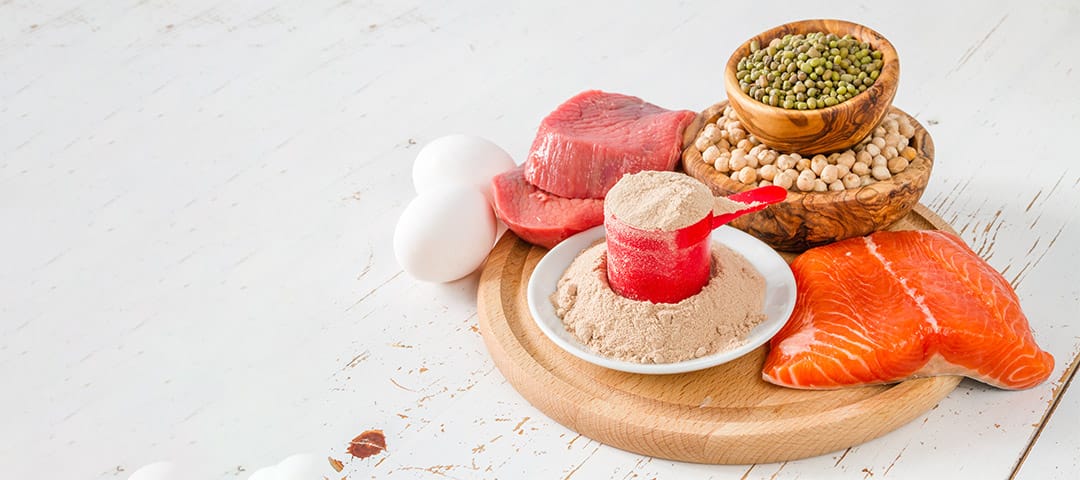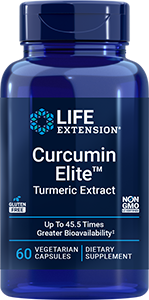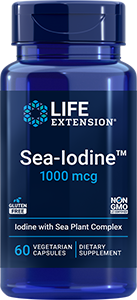
Newsletter
Newsletter
BCAAs may improve physical function following stroke

The study included 54 patients who had a recent stroke (within three months) and were receiving intensive therapy at a rehabilitation center. The majority of patients had muscle tissue loss. Half of the men and women in the study received 6 grams of a blend of the amino acids leucine, isoleucine and valine, to be consumed twice per day for four weeks.
Among participants who received BCAAs, handgrip strength and skeletal muscle mass significantly improved after treatment, while muscle mass significantly decreased in the control group. Both groups experienced improvement in physical function as indicated by assessments of activities of daily living, balance, gait and swallowing; however, the group that received BCAAs improved to a greater extent.
Of those in the group receiving BCAAs, 46% regained the ability to walk by the study’s conclusion, compared to 37% of patients not receiving BCAAs. Improvement in muscle status was correlated with better physical function, especially ambulatory (walking-related) scores, among participants who received the amino acids.
“Proper strategies involving rehabilitation interventions and nutritional support are important for maximum functional improvement after stroke,” authors Min Kyu Park of Chungbuk National University Hospital in South Korea and colleagues concluded. “We suggest that BCAAs would be a helpful, adjuvant therapy at a critical period of poststroke neurological recovery during intensive stroke rehabilitation intervention.”Products
Apply What You've Learned: Stroke
- There are two main types of strokes: ischemic stroke and hemorrhagic stroke. Most strokes are ischemic, caused by blockage of a vessel that delivers blood to the brain. Hemorrhagic stroke is caused by rupture of a brain blood vessel, which results in bleeding. Both can result in the death of brain cells. Maintaining healthy blood pressure is one of the most important things you can do to protect against both types of strokes and other cardiovascular events.2
- Wondering if it’s a stroke? Think FAST. FAST is an acronym for:
- Face drooping
- Arm weakness
- Speech difficulty
- Time to call 9113
- The faster one receives treatment after a stroke, the better the outcomes. Acting with urgency and calling an ambulance is crucial, as treatment can be started faster.4,5
- Study findings suggest that intake of magnesium, olive oil, flavonoids, B vitamins, vitamin D, N-acetylcysteine, and other nutrients may help lower the risk of stroke or improve outcomes in stroke patients.6-11
References
- Park MK et al. Front Neurol. 2022 Mar 11;13:744945.
- Wajngarten M et al. Eur Cardiol. 2019 Jul 11;14(2):111-115.
- “Stroke symptoms.” American Stroke Association. https://www.stroke.org/en/about-stroke/stroke-symptoms-act-fast
- “Treat and recover from stroke.” Stroke. Centers for Disease Control and Prevention. https://www.cdc.gov/stroke/treatments.htm
- Filho JO et al. UpToDate®. 2022 Mar 25. https://www.uptodate.com/contents/approach-to-reperfusion-therapy-for-acute-ischemic-stroke
- Zhao B et al. Front Neurol. 2019 Aug 7;10:852.
- Martínez-González MA et al. Br J Nutr. 2014 Jul 28;112(2):248-59.
- Tang Z et al. BMJ Open. 2016 Jun 8;6(6):e008680.
- Kataria N et al. Cureus. May 11 2021;13(5):e14958.
- Gupta A, et al. Int J Clin Prac. Sep 2016;70(9):764-70.
- Sabetghadam M, et al. Neuropsychiatr Dis Treat. 2020;16:1265-1278.
Featured Life Extension Magazine® Article
Target Belly Fat, by Michael Downey
Excess fat carried around the waist can be difficult to lose. This is particularly troubling when we consider the increased cardiovascular risk associated with fat deposits in this area.
A combination of the extracts of Sphaeranthus indicus flower and mangosteen fruit could aid in reducing weight and waist circumference. In a study of overweight men and women who spent 30 minutes walking five days a week and consumed a 2,000 calorie per day balanced diet, individuals who received Sphaeranthus indicus and mangosteen experienced significant reductions in weight, body mass index, and waist and hip circumference within 16 weeks compared to a placebo group.
What's Hot
Health Concern
Could coffee and tea protect against stroke and dementia?
Research reported on November 16, 2021 in PLOS Medicine revealed a reduction in the risk of stroke and dementia among coffee or tea drinkers compared to those who did not consume the beverages.

Stroke
Nutritional compounds in olives and omega-3 essential fatty acids from fish oil may help support healthy blood flow. Adhering to a Mediterranean dietary pattern is associated with lower stroke risk, as well.
Related Life Extension Magazine® Articles

What are Branched Chain Amino Acids?
Supplementation with branched chain amino acids can help mitigate age-related muscle loss, a leading cause of injury and long-term disability among older adults.

Colchicine Reduces Stroke in Heart Attack Patients
A clinical trial published in the New England Journal of Medicine showed that patients taking the anti-inflammatory medication colchicine cut stroke incidence by an astonishing 74%.
Free eBooks!
Find out about the latest scientific research on nutrition, vitamins and common health challenges – all easy to access on your phone, tablet or laptop.
Life Extension Magazine® Issue Now Online
A remarkable number of healthy-longevity findings have been published over the past 18 months.




